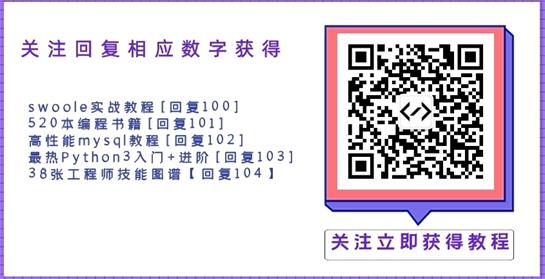一、导入maven包
<dependency> <groupId>io.springfox</groupId> <artifactId>springfox-swagger2</artifactId> <version>2.9.2</version> </dependency> <dependency> <groupId>io.springfox</groupId> <artifactId>springfox-swagger-ui</artifactId> <version>2.9.2</version> </dependency>
二、添加工具类
@Configuration
@EnableSwagger2
public class SwaggerConfig {
@Bean
public Docket createRestApi() {
return new Docket(DocumentationType.SWAGGER_2)
.pathMapping("/")
.select()
.apis(RequestHandlerSelectors.basePackage("com.nvn.controller"))
.paths(PathSelectors.any())
.build().apiInfo(new ApiInfoBuilder()
.title("SpringBoot整合Swagger")
.description("SpringBoot整合Swagger,详细信息......")
.version("1.0")
.build());
}
}
三、添加注解
@RestController
@Api(tags = "用户管理相关接口")
@RequestMapping("/user")
public class UserController {
@PostMapping("/")
@ApiOperation("添加用户的接口")
@ApiImplicitParams({
@ApiImplicitParam(name = "username", value = "用户名", defaultValue = "李四"),
@ApiImplicitParam(name = "address", value = "用户地址", defaultValue = "深圳", required = true)
}
)
public RespBean addUser(String username, @RequestParam(required = true) String address) {
return new RespBean();
}
@GetMapping("/")
@ApiOperation("根据id查询用户的接口")
@ApiImplicitParam(name = "id", value = "用户id", defaultValue = "99", required = true)
public User getUserById(@PathVariable Integer id) {
User user = new User();
user.setId(id);
return user;
}
@PutMapping("/{id}")
@ApiOperation("根据id更新用户的接口")
public User updateUserById(@RequestBody User user) {
return user;
}
}
四、注解说明
- @Api注解可以用来标记当前Controller的功能。
- @ApiOperation注解用来标记一个方法的作用。
- @ApiImplicitParam注解用来描述一个参数,可以配置参数的中文含义,也可以给参数设置默认值,这样在接口测试的时候可以避免手动输入。
- 如果有多个参数,则需要使用多个@ApiImplicitParam注解来描述,多个@ApiImplicitParam注解需要放在一个@ApiImplicitParams注解中。
- @ApiImplicitParam注解中虽然可以指定参数是必填的,但是却不能代替@RequestParam(required = true),前者的必填只是在Swagger2框架内必填,抛弃了Swagger2,这个限制就没用了,所以假如开发者需要指定一个参数必填,@RequestParam(required = true)注解还是不能省略。
五、如果参数是一个对象,对于参数的描述可以放在实体类中。
@ApiModel
public class User {
@ApiModelProperty(value = "用户id")
private Integer id;
@ApiModelProperty(value = "用户名")
private String username;
@ApiModelProperty(value = "用户地址")
private String address;
//getter/setter
}
六、效果

附:如果我们的Spring Boot项目中集成了Spring Security,那么如果不做额外配置,Swagger2文档可能会被拦截,此时只需要在Spring Security的配置类中重写configure方法,添加如下过滤即可:
@Override
public void configure(WebSecurity web) throws Exception {
web.ignoring()
.antMatchers("/swagger-ui.html")
.antMatchers("/v2/**")
.antMatchers("/swagger-resources/**");
}
以上就是SpringBoot整合Swagger2的示例的详细内容,更多关于SpringBoot整合Swagger2的资料请关注自学编程网其它相关文章!

- 本文固定链接: https://zxbcw.cn/post/199165/
- 转载请注明:必须在正文中标注并保留原文链接
- QQ群: PHP高手阵营官方总群(344148542)
- QQ群: Yii2.0开发(304864863)
